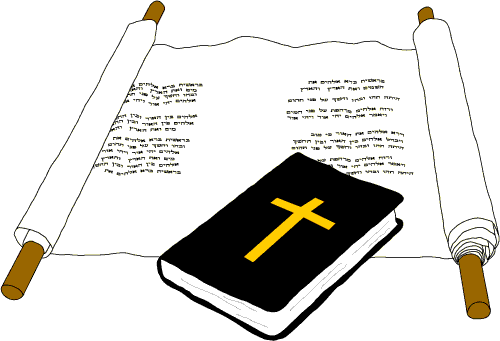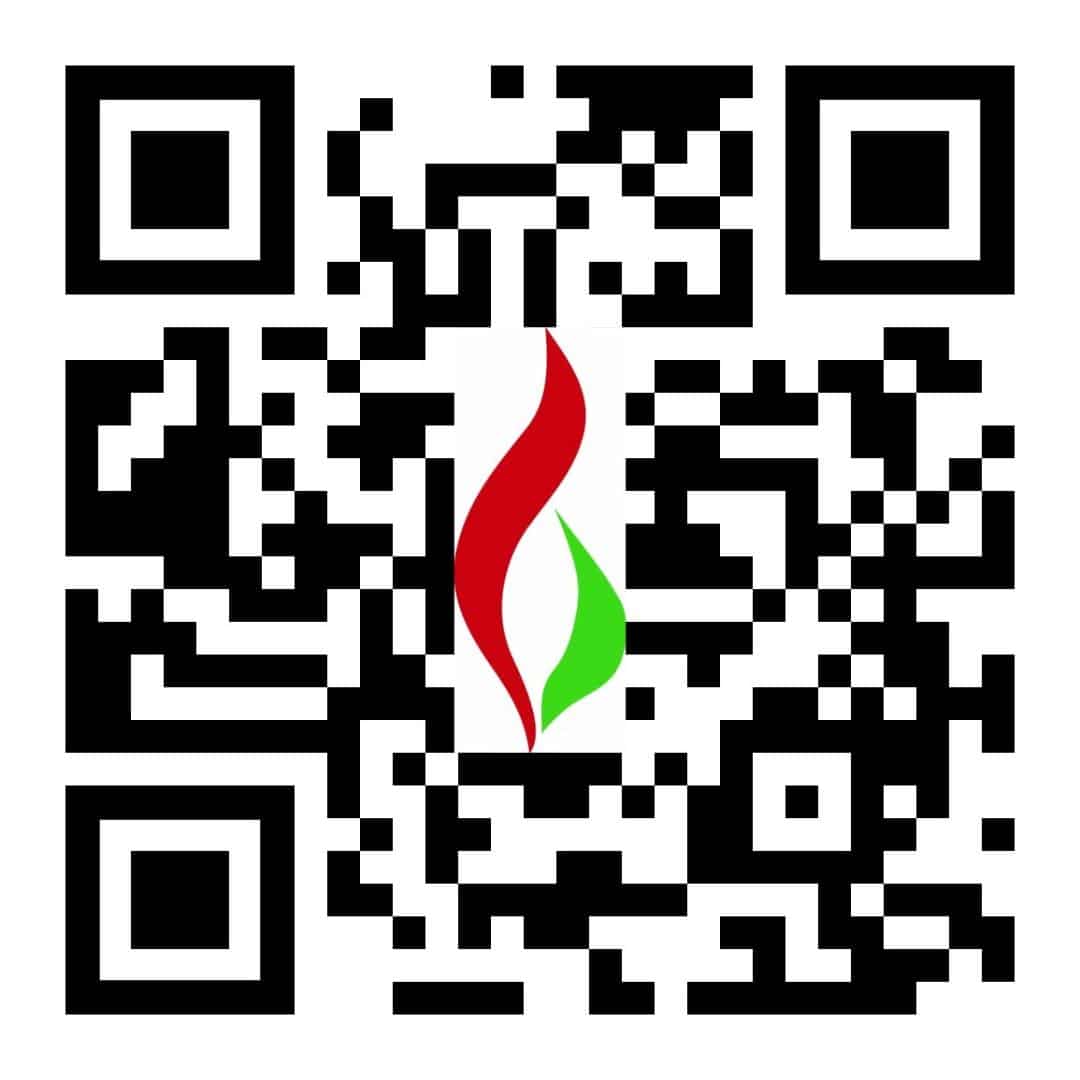
From the first moment, Jesus’ disciples understood that their last Passover dinner with Jesus was not an ordinary meal. Not only was it a moment of farewell, but it was also there that Jesus dictated his final Will before his death. A Will often carries instructions on the future use of the property of a person, after his death. Jesus, in his final Will, dictated through the images of bread and wine, gives away all that he possessed — his blood and his body — his whole person. A Will gets legal sanctity after the death of the author of the Will. And this bread and wine shared will be a sign of the New Covenant that God was going to make with humanity.
The concept of a covenant between God and his people was nothing new to the disciples. All the Jews were familiar with this concept because they had read about it in the scripture that God had entered into covenant with their forefathers. God had entered into covenant with Abraham and Moses. Covenants are signed with blood to show the weight of the commitment they are entering into. Hence, in the Old Testament covenants, the blood of the animal was used to mark the contract. But the people were unfaithful and soon broke those covenants.
Now Jesus speaks of a New Covenant. But this time, it would not be signed with the blood of an animal, but with the blood of Jesus himself. And they realised that that last Passover meal with Jesus was a key moment in Jesus’ life and theirs. The events that have taken place during this supper would never be forgotten. The disciples would repeat the act of sharing the bread and wine as a constant reminder for them of the Will of the Master, that he is truly present with us in Body and Blood.
Today, we continue to celebrate that supper, where we repeat the words of Jesus about the bread and wine that has become a living sign of God’s love for us. In the Mass, God makes us all brothers and sisters. He invites us to live in love and justice, to make peace among ourselves and to work for peace in the world.
The bread that is Christ and the chalice of his blood create a community of “blood-relatives” with Christ and with each other, to constitute the new people whose only law is the service of their brothers and sisters to the point of giving their own lives as “food” to satisfy every form of human hunger. Here we meet as brothers and sisters and no one feels excluded, because we are all God’s children. And we give thanks to God because, in Jesus, God has freed us from death and sin.
For your reflection
Is the celebration of Mass a joyful occasion to meet the brothers and sisters? Or do I try to escape it because it is a boring and meaningless rite?

Father Fernando Torres CMF
www.ciudadredonda.org
Translated by Father Alberto Rossa CMF










